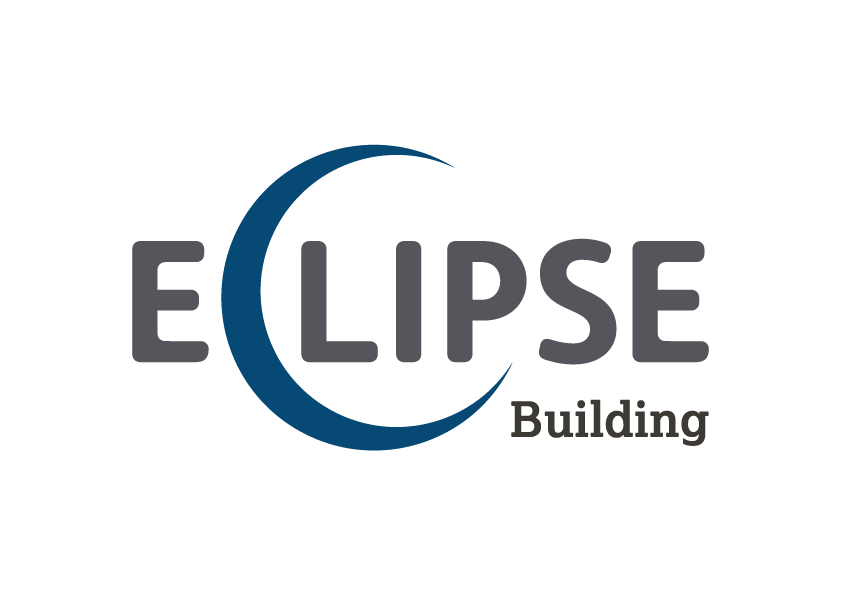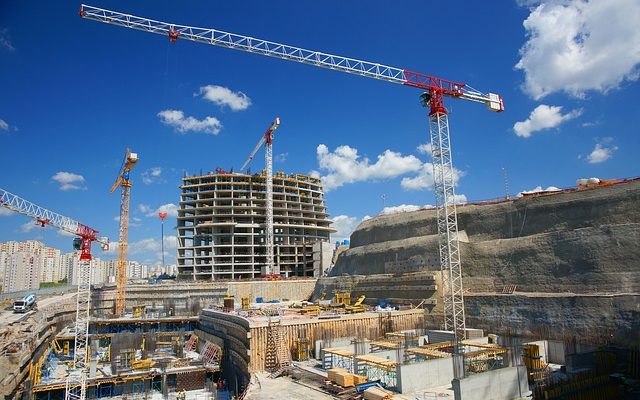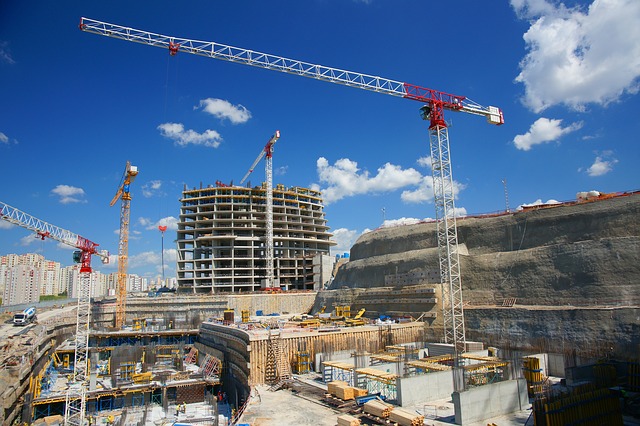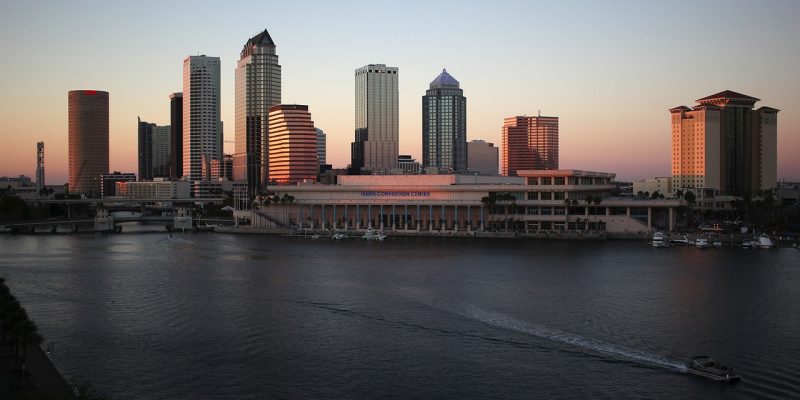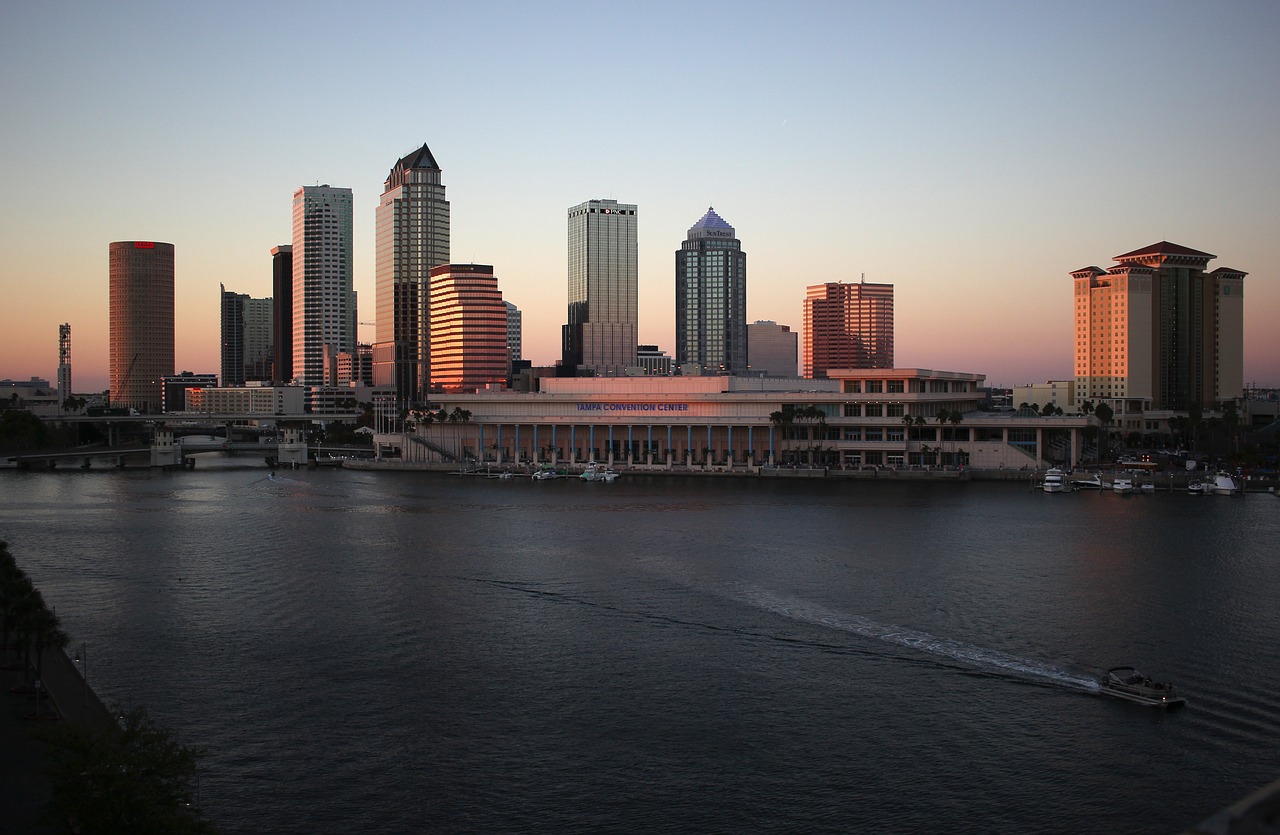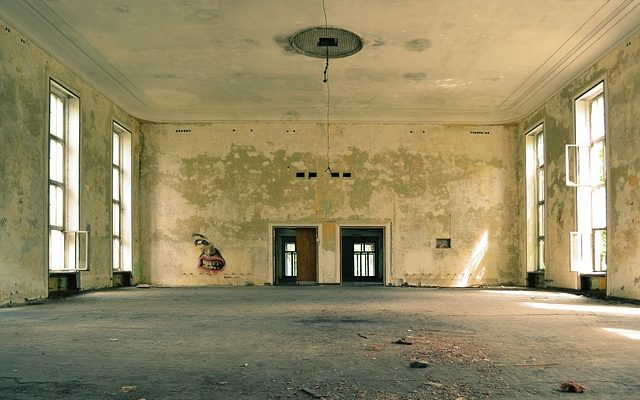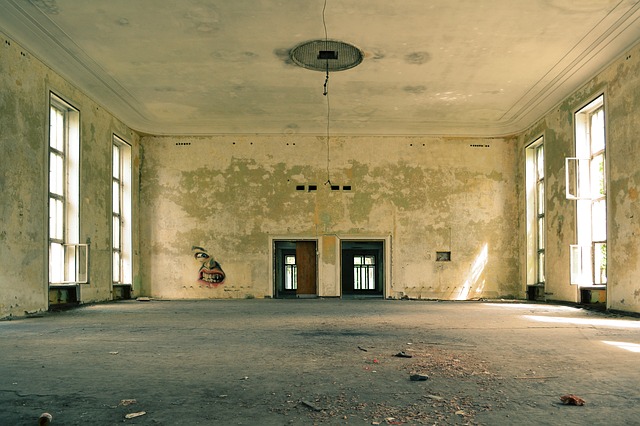Have you been thinking about remodeling your restaurant or starting a construction project from scratch? Just as with everything else that involves being creative, daydreaming about the possibilities can be so much fun: Build a grand entrance here, install floor to ceiling French windows there… Visualizing how much more profits you’re going to have as a result is also exciting.
Not to rain on your parade, but there are also excruciatingly boring things that come into play, such as zoning regulations, applying for permits and licenses, and conducting due diligence.
What does due diligence entail?
Due diligence is an essential component of every single construction project. Before anything can get started, you need to know whether the project is viable. For example, what if you love a site, but it’s marshlands and it wouldn’t hold a building? Or what if your budget is not adequate to cover everything your project requires? Or what if you have a winning bid, but it has gaping holes that could later result in delays in construction, or worse yet, litigation?
Also, due diligence is not a catch-all phrase to take care of the details. An adequate diligence will include several different aspects to delve into:
- Site conditions due diligence: Is your site appropriate for what you want to do? Will your business need to expand and will you have the space for it? Is there a risk of sinkholes? Can you do the excavations you’d need to do? Are there any hazardous substances within the land? These are all things you’ll want to know before choosing a location.
- Legal due diligence: Are your rights as a project owner covered under the terms of the contract? What happens if the labor or materials are subpar? What happens if your contractor skips town? What if somebody sues you for an act or omission on the part of the contractor? If there’s a lawsuit, could you litigate locally or would you have to travel to their headquarters in another state? Do you even know? These are all things you need to be clear on before you sign a contract.
- Budget due diligence: The name of this one should be self-explanatory. However, it is very often that construction projects go over budget because either the Master Plan/Master Budget missed an important element, or due to someone’s oversight, or due to a natural disaster, or [insert unexpected event here]. This is also why it’s important to have a contingency budget; but even to set aside funds for one, you need to conduct due diligence to see what would be a list of foreseeable risks.
- Risk due diligence: Do you know who you’re entering into a contract with? Do you know their history? Have you seen a portfolio of their work? Would you be able to place a mechanic’s lien in any of their assets? Are there warnings after warnings from people who have worked with them in the past and got burned?
Construction requires a lot of preliminary work before you can even get started. And this is just the tip of the iceberg. Depending on your type of project, there may be additional considerations. You can do this on your own and hope you’re doing it well, or you can trust experts (such as, say, those awesome people from Eclipse Building Corp.) to do it for you. It might take a lot of time and effort, but it is always worth it. Don’t risk it. Give us a call and see how we can help you.
